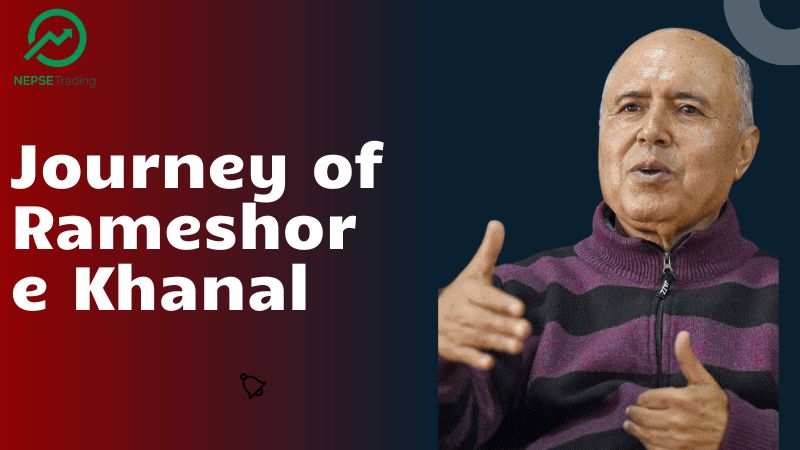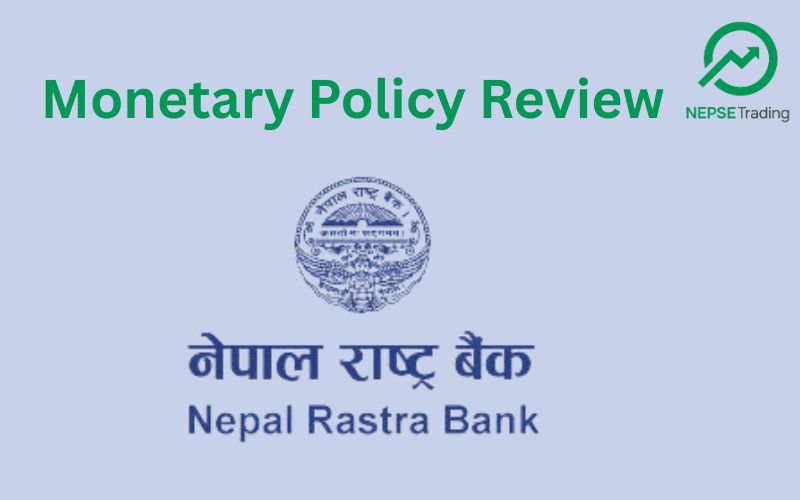By Dipesh Ghimire
From Finance Secretary to Finance Minister: The Uncompromising Journey of Rameshore Khanal

A Nation in Crisis, A Minister of Hope
Nepal stands at a delicate moment in its history. The economy is reeling from unemployment, capital flight, and weak production. Citizens face mounting frustrations with years of failed promises from political parties. It is in this fragile environment that Prime Minister Sushila Karki appointed former Finance Secretary Rameshore Khanal as the country’s new Finance Minister.
Khanal’s appointment is more than routine political reshuffling. It signals an attempt to inject technocratic leadership into a ministry that has often been used for political bargaining. Known as a “tough secretary,” Khanal has built a reputation for integrity, rational decision-making, and refusal to compromise with vested interests. The question now is whether he can transform that reputation into real reforms as a minister.
Childhood Roots of Discipline
Born on June 16, 1956 (Ashar 2, 2013 BS) in Tansen, Palpa, Khanal grew up in a family that valued education, discipline, and hard work. From a young age, he showed both intellectual brilliance and responsibility toward family duties.
He often woke up before dawn to prepare fodder, milk buffaloes, and complete household chores before heading to school. In one extraordinary episode, he enrolled in three different grades just 17 days before exams and still secured first position. This unusual feat foreshadowed his lifelong drive for excellence.
Throughout his schooling, Khanal consistently ranked among the top students. He pursued higher education in economics while maintaining strict adherence to Vedic traditions, performing daily rituals until his college years. These habits of discipline and devotion shaped the character that would later define his bureaucratic career.
Entering the Civil Service
In 1980 (2037 BS), at the age of 23, Khanal entered Nepal’s civil service through the Public Service Commission. He was posted to Nepalgunj as head of the District Cooperative Development Office.
Even in his early career, Khanal demonstrated integrity and practicality. Budget shortages did not deter him—he often used a bicycle for field inspections, personally bringing wrongdoers to the district headquarters. His refusal to misuse resources won him respect among subordinates and seniors.
For nearly 16 years, he served in the cooperative sector before transferring to the Office of the Auditor General. In 2002 (2059 BS), he reached the Ministry of Finance. Though his promotions came later than many of his peers, his reputation for honesty and competence continued to grow.
The Tough Secretary: Key Episodes
As Finance Secretary, Khanal’s name became synonymous with firmness. He resisted political pressure, unions, and even financial elites when necessary.
One of the most famous episodes came at the Nepal Electricity Authority (NEA). When pressed to make 800 contractual employees permanent, Khanal refused outright. “Even if the Authority shuts down, I will not approve permanency,” he declared. Despite repeated visits from the minister, energy secretary, and NEA director, he did not bend.
Another defining moment occurred in the stock market standoff. Investors halted all trading to force negotiations. Khanal would not be intimidated. “Talks only after the market reopens,” he insisted. For a full week, the market remained paralyzed until investors finally reopened it and agreed to sit for talks.
Similarly, during a labor protest at Nepal Rastra Bank, daily-wage staff locked the Governor and Deputy Governor inside the office. As a board member, Khanal took a firm line: “No talks until the sit-in ends.” The protest dragged on for two months before workers backed down.
These episodes defined Khanal as more than a bureaucrat. He was a principled figure who prioritized long-term governance over short-term popularity.
Integrity and Clean Image
Khanal’s integrity set him apart in a bureaucracy frequently criticized for corruption. He consistently warned staff never to misuse his name for bribes.
He rejected politically influenced transfers and promotions, making enemies among some politicians but earning deep respect from the public. To corrupt officers, he issued blunt warnings: “Because of your misconduct, I’ll block your career not only in this life but in the next.”
Such uncompromising honesty slowed his career progression. Many of his juniors rose to secretary before him, while he waited for years. Yet this delay only strengthened his reputation as one of the most principled figures in government.
Intellectual Persona
Beyond toughness, Khanal is known as an intellectual. At seminars, parliamentary committees, and public events, he frequently outpaced others in grasping new issues.
While waiting for his turn to speak, he often researched on his iPad, preparing detailed arguments supported by evidence. Colleagues often described him as someone who attended not to learn but to teach.
This reputation for intellectual rigor helped him chair the High-Level Economic Reform Commission, further cementing his image as both practitioner and thinker.
Political Connection and Independence
Though Khanal briefly joined the Nepali Congress, he never compromised his principles for party loyalty. He openly praised liberal leaders across party lines and avoided aligning himself with narrow political interests.
This independence came at a cost. Politicians viewed him as rigid, and his promotions were delayed as a result. But the same independence now distinguishes him as a Finance Minister in an environment dominated by party politics.
The Current Challenge
Today, Khanal faces challenges more daunting than any he encountered as secretary. The economy is in decline.
Unemployment forces thousands of young Nepalis abroad each year. Investment is fleeing the country, discouraged by complex regulations and political instability. The production base remains weak, with imports vastly outweighing exports. Businesses complain of heavy taxation, corruption, and bureaucratic harassment.
As Finance Minister, Khanal must address these urgent issues. His past shows he is unafraid of confrontation, but whether he can navigate the compromises required in politics remains to be seen.
Can He Deliver Reform?
Khanal’s journey highlights the difference between technocracy and politics. As a bureaucrat, he could stand firm and say no. As a minister, he must contend with coalition partners, interest groups, and public expectations.
If he can maintain his independence, Khanal may push through long-needed reforms—simplified taxation, investment-friendly policies, and job-creation initiatives. If political compromise forces him to bend, his legacy may fade into another missed opportunity.
Rameshore Khanal’s life story is not only about one man’s rise. It reflects the possibilities and limitations of governance in Nepal. His discipline, honesty, and intellectual rigor have shaped his career.
As Finance Minister, he now faces his ultimate test: to lead an economy in crisis without surrendering his principles. If successful, his tenure could mark the beginning of Nepal’s economic revival. If not, it will underline the enduring dominance of politics over integrity.
Either way, his chapter will be remembered as one of the defining stories of Nepal’s economic history.









